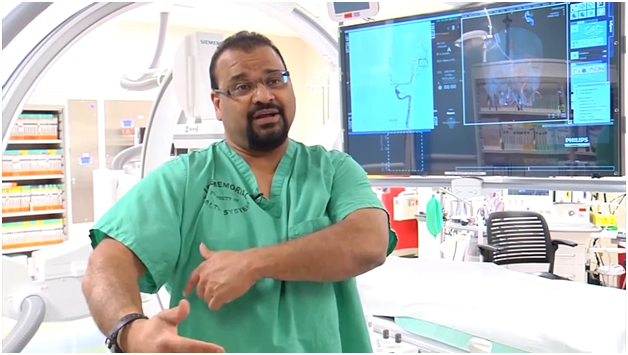Patients are gaining quicker access to potentially life-saving treatments thanks to groundbreaking clinical trials.

A clinical trial helps doctors understand how best to treat a particular disease or condition. Patients receive a new treatment over a set period of time and their reaction to the treatment is recorded. The treatment may help them recover and could help to cure patients with the same condition in the future.
New Cures
There are clinical trials for almost all debilitating and life-threatening conditions. Right now doctors are conducting trials to find new cures for cancer, multiple sclerosis and arthritis to name just a few.
For these new treatments to obtain a license a pharmaceutical company must first conduct human trials to prove their effectiveness and safety.
Patients who take part in clinical trials are normally the first to receive the treatment which would otherwise be unavailable to them through conventional medicine. Those who sign up must be prepared that the new treatment could turn out to be no better or worse than the standard treatment available.
Get Paid to Participate
Some clinical trials offer payment from between a few hundred and a few thousand pounds, depending on how much time you spend with doctors and what is expected of you during the course of the trial.
Organisations like http://www.trials4us.co.uk pay healthy individuals to take part in clinical trials. They list a number of clinical trials that pay for participants who pass a number of screening conditions.
All studies are conducted in a safe environment, in accordance with EU regulations and authorised by government authorities.
What to Bear in Mind
It is important to research the inconveniences and risks involved before signing up to any clinical trial.
For patients who have a serious condition, while a trial can be beneficial, there are no guarantees the process will result in a cure.
There will be an expectation that you will have to spend a period of time in a hospital and attend follow-up sessions. There may also be restrictions on what you can do during the trial. For example, you may be asked to stop drinking alcohol for a period of time.
A clinical trial may, in rare cases, be detrimental to your health and you may experience unknown side effects from the treatment you have received.

